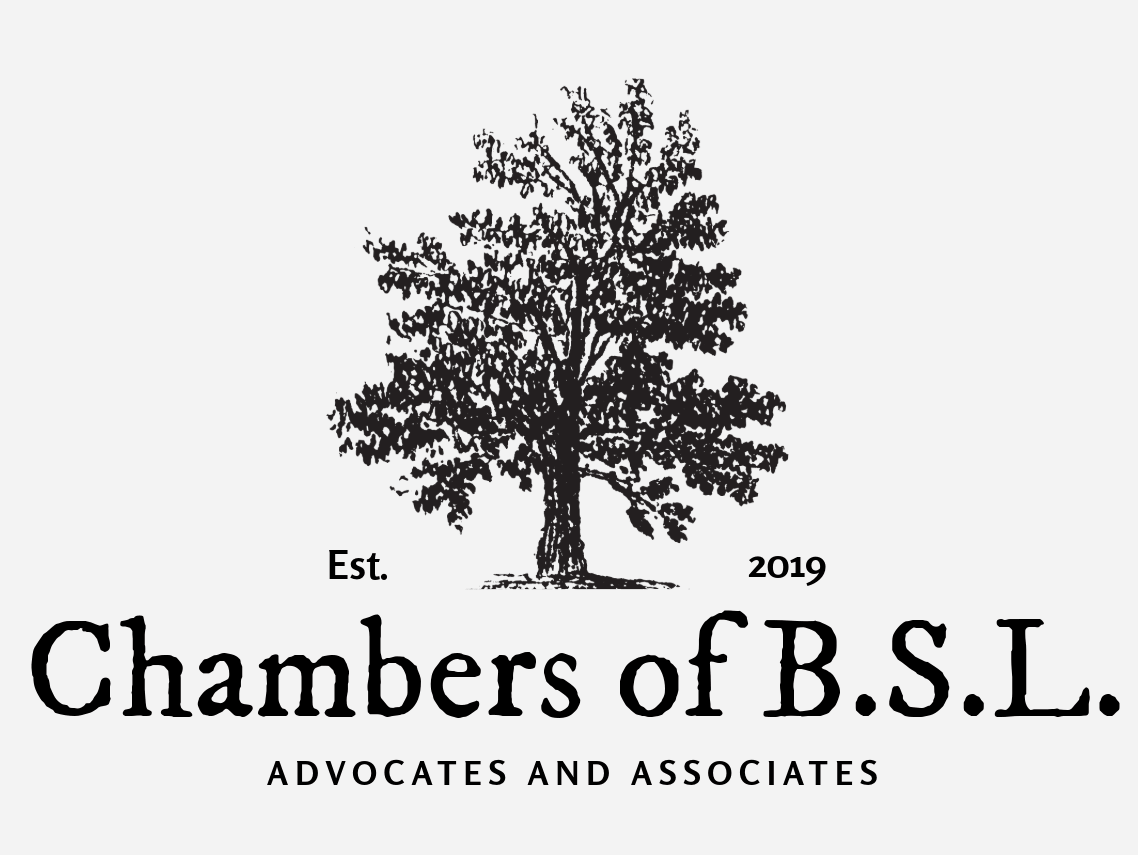
Service and Labour Law Practice
Service and labour laws regulate the rights and obligations of employers and employees, ensuring fairness, protection, and accountability in the workplace. In India, these laws derive from a wide range of statutes such as the Industrial Disputes Act, 1947, the Factories Act, 1948, the Payment of Wages Act, 1936, the Employees’ Provident Funds and Miscellaneous Provisions Act, 1952, and the more recent Labour Codes consolidating laws on wages, social security, occupational safety, and industrial relations.
Practice in service law broadly concerns employees working in government and public sector establishments. Common matters include disputes relating to recruitment, seniority, promotions, transfers, disciplinary proceedings, and termination. Proceedings are often conducted before Administrative Tribunals, Labour Courts, High Courts, and, in some cases, the Hon’ble Supreme Court under Article 32. Service law practice requires familiarity with constitutional provisions such as Articles 14, 16, and 311, which safeguard equality of opportunity and procedural fairness in public employment.
Labour law practice focuses on industrial disputes and conditions of employment in private establishments. Matters include wrongful termination, wage claims, settlement of industrial disputes, enforcement of standing orders, unfair labour practices, and collective bargaining issues. Representation may take place before Labour Commissioners, Labour Courts, Industrial Tribunals, or appellate forums.
Work in this area typically involves drafting of petitions, replies, writs, and representations, as well as participation in conciliation proceedings. Legal practice here also overlaps with human rights and constitutional law, since questions of dignity, livelihood, and equality often arise.
Service and labour law matters require not only knowledge of statutory frameworks but also sensitivity to the balance between organizational efficiency and protection of individual rights. The role of legal practitioners in this field is to assist in resolving disputes in accordance with law, ensuring that workplace relations remain guided by fairness and statutory compliance.


